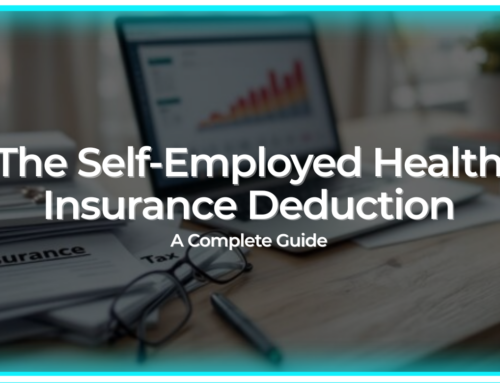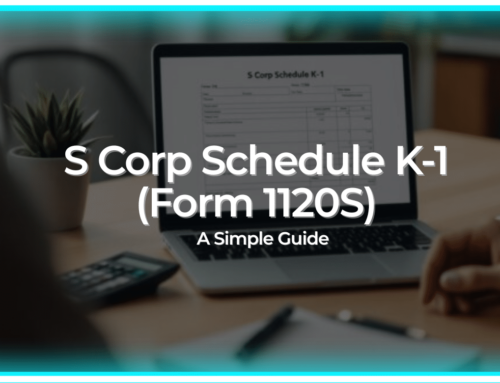Hey! I’m Bette Hochberger, CPA, CGMA. Welcome, Airbnb hosts and short-term rental investors! As you explore the profitable world of vacation rental properties, it’s important to not only focus on maximizing your rental income but also on optimizing your tax strategy.
In today’s blog, we’ll explore essential tax planning tips tailored specifically for Airbnb hosts and short-term rental investors, helping you navigate the complex landscape of tax regulations and potentially save significant amounts of money.
Understand Rental Income and Expenses
Before diving into tax planning, it’s essential to understand the basics of rental income and deductible expenses. Rental income includes not only the rent you receive from guests but also any additional income from services or amenities provided. On the other hand, deductible expenses may include mortgage interest, property taxes, utilities, property management fees, maintenance costs, and depreciation.
Keep Detailed Records
Accurate record-keeping is key to successful tax planning. Keep thorough records of all income and expenses related to your vacation rental property. This includes rental income, repair and maintenance receipts, utility bills, property management fees, and any other relevant documentation. Organizing your records will make it easier to claim deductions and substantiate your expenses in case of an audit.
Take Advantage of Depreciation
Depreciation is a valuable tax deduction that allows you to recover the cost of your rental property over time. For vacation rental properties, you can typically depreciate the building (not the land) over 27.5 years using the straight-line method. Depreciation can significantly reduce your taxable income, thereby lowering your overall tax liability.
Separate Personal and Rental Use
If you use your Airbnb property for personal purposes as well as rental activities, it’s crucial to keep these uses separate for tax purposes. The IRS has specific rules regarding the allocation of expenses and deductions for mixed-use properties. Maintaining clear records and documenting the time the property is used for personal versus rental purposes can help ensure compliance with tax regulations.
Understand Passive Activity Rules
As a vacation rental property owner, you may be subject to passive activity rules, which limit the extent to which you can deduct losses from rental activities against other forms of income. However, there are exceptions and strategies available to mitigate the impact of these rules. Consulting with a tax professional who specializes in real estate taxation can help you navigate this complex area of the tax code.
Consider Entity Structure
The legal structure through which you own your Airbnb property can have significant tax implications. Depending on your individual circumstances and long-term goals, you may want to consider holding your property in a limited liability company (LLC), partnership, S corporation, or other entity. Each structure offers unique tax advantages and considerations, so it’s essential to consult with a qualified tax advisor to determine the best option for you.
Stay Informed About Tax Law Changes
Tax laws and regulations are subject to change, and staying informed about updates that may affect vacation rental property owners is crucial. Deduction limits, depreciation rules, and other tax provisions related to real estate can vary from year to year. By staying up-to-date with tax law changes, you can proactively adjust your tax planning strategies to maximize benefits and minimize liabilities.
As an Airbnb host or short-term rental investor, strategic tax planning can significantly impact your bottom line. By understanding the nuances of rental property taxation and implementing effective tax strategies, you can minimize your tax burden and maximize your returns.
Remember to keep detailed records, consult with tax professionals, and stay informed about relevant tax law changes to ensure compliance and optimize your tax position. Feel free to schedule a meeting with us to discuss more!
I’ll see you all next time!







